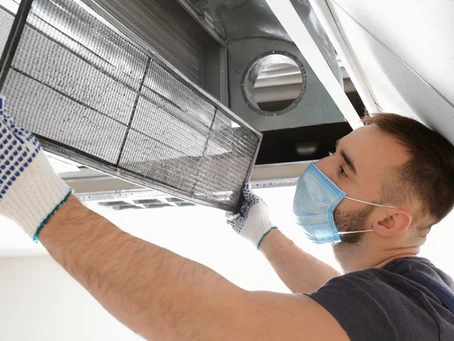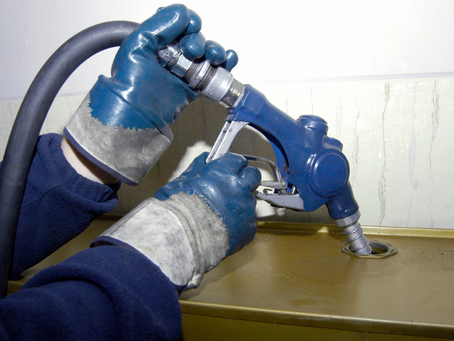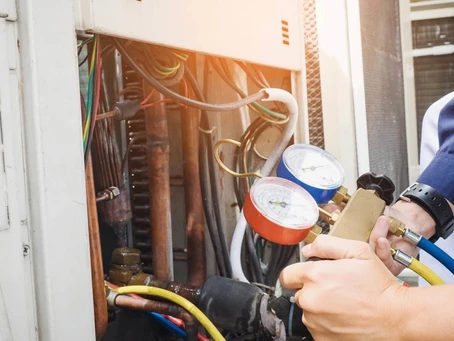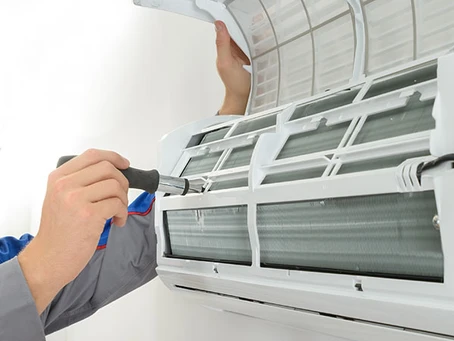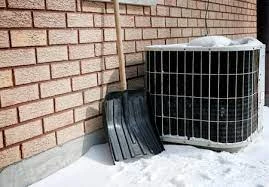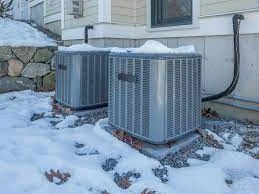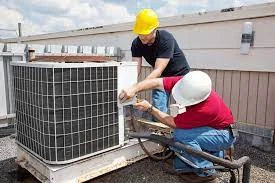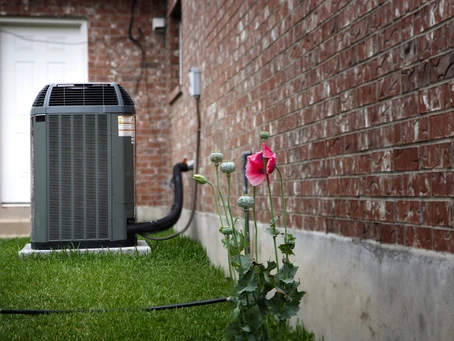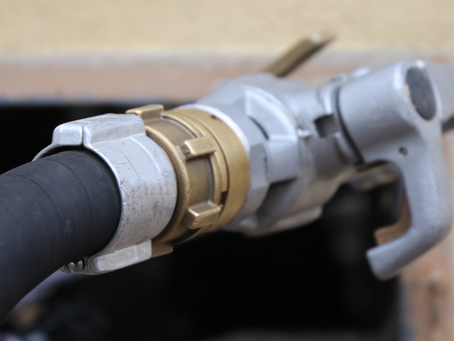It’s no secret that HVAC systems are often responsible for the majority of a home’s energy consumption, making understanding HVAC efficiency essential for any homeowner. Luckily, SEER ratings are a great tool that Chester County residents can use to do just that. So what are SEER ratings, and why are they so important?
What Are SEER Ratings Chester County
SEER or Seasonal Energy Efficiency Ratio, is the standard efficiency rating included on all air conditioners and heat pumps. This ratio essentially takes the amount of cooling power output produced by the system throughout the entire duration of the cooling season and divides it by the total energy that the system uses to produce it.
Put in simpler terms, you can think of an air conditioner or heat pump’s SEER rating in the same way that you think of a car’s gas mileage. Just like how a car gets a certain number of miles per gallon of gas, an air conditioner or heat pump gets a certain quantity of cooling output per unit of energy. So, just like with a car’s gas mileage, the higher the SEER rating, the more efficient the system is and the less you’ll have to pay to operate it.
How SEER Ratings Effect HVAC Efficiency Chester County
Your air conditioner’s SEER rating doesn’t affect your HVAC efficiency as much as it simply states how efficient the system is. However, if you want to reduce your home’s energy consumption and save on your HVAC energy costs, there’s really no better way to do it than by installing a new air conditioner or heat pump with a higher SEER rating than your current system.
While there are certainly plenty of other things that affect HVAC efficiency, replacing your decades-old air conditioning systems with a more modern unit with a higher SEER rating could come close to cutting your HVAC energy consumption in half. So, if you think you’re paying too much for cooling, figuring out your air conditioner’s SEER rating is an important first step to cutting consumption and reducing your energy bills.
The Many Other Benefits of HVAC Systems With Higher SEER Ratings
While cost savings are important, lower energy costs aren’t the only advantages that HVAC systems with higher SEER ratings offer. In fact, it’s only the tip of the iceberg. So, if you are thinking about upgrading your cooling system to a higher SEER model, here are just a few of the many other benefits you’ll get to take advantage of.
Increased Comfort
One of the most common ways that manufacturers make air conditioners and heat pumps more efficient is by using a two-speed or variable-speed compressor. Without getting too technical, these more advanced compressors provide multiple settings that make it easier to keep a home cool without constantly switching back and forth from the off setting to full blast.
Another great side effect of this is that they are much better at keeping a home more comfortable. Lower SEER air conditioners with only an on and off setting often struggle to keep a home at a consistent temperature and can provide uneven cooling to different parts of the home. On the other hand, higher rated cooling systems with better compressors are much more flexible and are better suited to provide even and consistent cooling throughout the entire home.
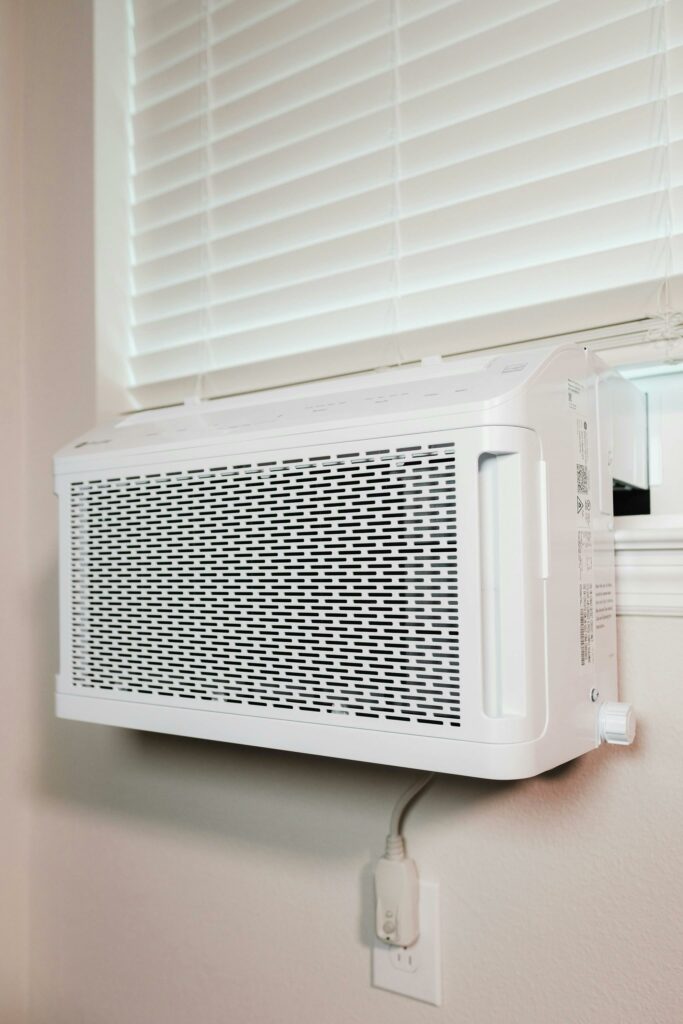
More Eco-Friendly
Unless your air conditioner is getting power from completely renewable sources, the more energy it uses to cool your home, the more harmful emissions it will release into the air. So naturally, upgrading your air conditioner to one with a higher SEER score will make your cooling system more efficient and better for the environment.
Potential Tax Credits
Chester County homeowners who upgrade to a higher SEER cooling system may also be eligible for federal tax credits that can reduce their overall tax bill. While there are specific requirements depending on a variety of factors, generally, you’ll need to install a cooling system with a SEER score of 16 or above to be eligible.
How to Find Your HVAC System’s SEER Rating
Now that you have a better idea of what SEER ratings are and how they can affect you and your home, it begs to question, just how do you find out your current system’s SEER rating?
While new systems make it fairly obvious, finding the SEER rating of your old cooling system can be a challenge. However, there are still a number of different places you can look, including the energy guide sticker on your outdoor condenser unit.
Additionally, many manufacturers include the SEER rating in an air conditioner’s model name/number. However, if all else fails, you can always call the manufacturer, as they will know exactly how to find your cooling system’s SEER score.
SEER Ratings Requirements for New Chester County Installations
While there is nothing stopping you from keeping your old system, if you want to install a new cooling system, you need to be aware of the minimum SEER rating requirements. According to the US Energy Information Administration (EIA), as of 2023, all new cooling systems installed in the northern US, including Pennsylvania, must have a SEER rating of at least 14.
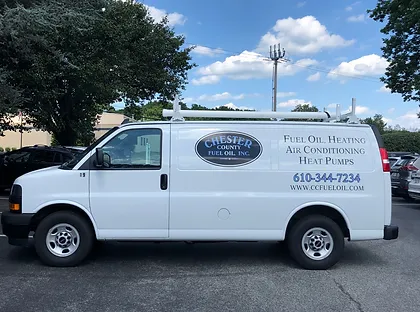
Contact Chester County Fuel Oil Today
Are you thinking of installing a new air conditioning system in your home? Do you want to get a better idea of how efficient your current cooling system is? Call Chester County Fuel Oil. Their team of friendly HVAC experts is always there to answer questions and will happily tell you more about how you can improve your HVAC system’s efficiency and save on your energy bills. So, don’t get caught paying too much to keep your home cool when you don’t have to. Call Chester County Fuel Oil today!


